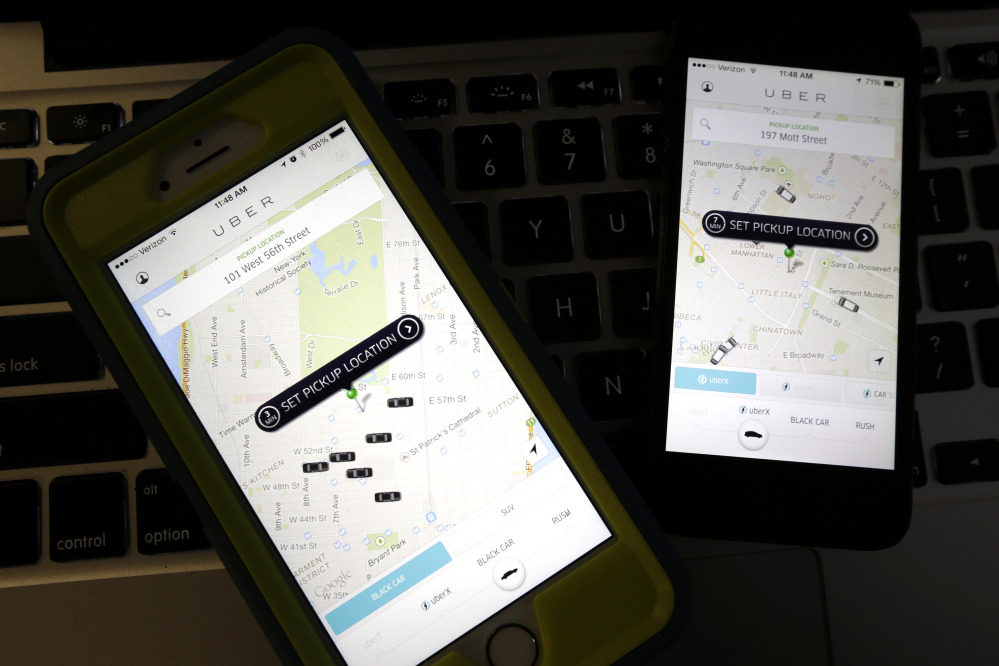Up until recently, those without wheels in Portland – or those too intoxicated to be behind the wheel – had these options if they wanted to go somewhere and didn’t want to walk: Get on a bus. Call a friend. Take a cab.
Since October, there’s been another alternative: Download Uber’s free smartphone app. It allows passengers to order a ride and follow the driver’s progress toward their location. Credit card information is entered at the start of the transaction, so there’s no need to carry cash to pay or tip the driver. And because of Uber’s pricing model, its fares often undercut taxi rates.
This scenario looks like a clear victory for consumers and the free market over taxi companies and government inefficiency. What’s missing from this picture? Some way to hold Uber and other ride-share operators accountable for transporting passengers safely. This is where government can and should step in, and it’s good news that both city and state officials are now doing so.
Valued last month at a staggering $40 billion, Uber is obviously offering consumers a service they like. It’s the way capitalism works.
But that’s not the only factor in the company’s success. Uber also benefits from not having to meet the licensing and insurance requirements that taxi companies face. And because Uber drivers are independent contractors operating their own vehicles, Uber isn’t legally responsible for what those drivers do – even if they get into an accident or assault a passenger. “We’re a technology platform that connects riders and providers,” not a taxi company, an Uber spokesman told the technology news site Pando Daily in 2013.
Officials in both Portland and Augusta are now recognizing that some government oversight of Uber and other ride-share services is critical to passenger safety. Though critics of efforts to regulate Uber have slammed regulators for “setting up roadblocks, issuing strangling regulations and implementing unnecessary red tape,” government officials seem to be taking a low-key approach, not an adversarial one.
The city says its proposal will focus on not only passenger well-being but also on ensuring a level playing field for taxi and town-car services, which have to follow strict rules. Meanwhile, the Secretary of State’s Office has submitted legislation that would require ride-share drivers to register with the state and prove that they have insurance and a valid driver’s license – not a commercial license, but a Class C passenger license, which is also required of taxi drivers. “It’s a very low threshold, really,” Secretary of State Matthew Dunlap recently told the Maine Sunday Telegram.
Nobody’s looking to punish Uber and its counterparts for making money by filling a consumer need. But they shouldn’t be able to operate without concern for protecting the public, and the assumption that companies will carry out this responsibility of their own free will is neither credible nor wise.
Send questions/comments to the editors.



Success. Please wait for the page to reload. If the page does not reload within 5 seconds, please refresh the page.
Enter your email and password to access comments.
Hi, to comment on stories you must . This profile is in addition to your subscription and website login.
Already have a commenting profile? .
Invalid username/password.
Please check your email to confirm and complete your registration.
Only subscribers are eligible to post comments. Please subscribe or login first for digital access. Here’s why.
Use the form below to reset your password. When you've submitted your account email, we will send an email with a reset code.